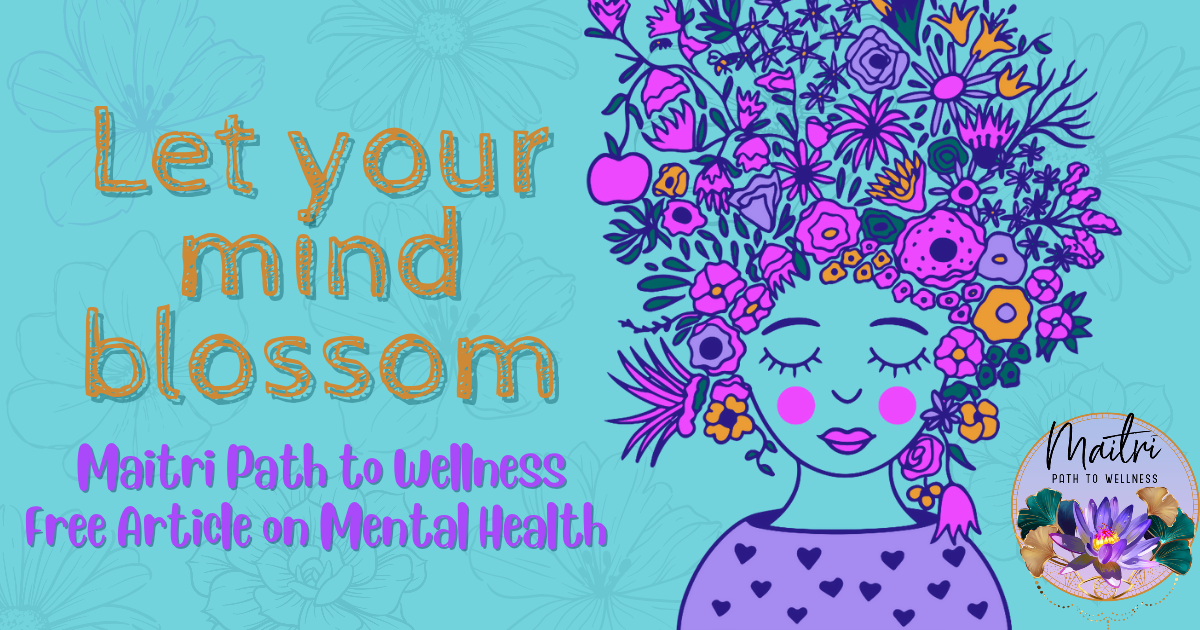What is a Co-occurring Disorder?
Co-occurring disorders, also known as dual diagnosis or comorbidity, is a complex mental health issue that affects millions of people worldwide. It refers to the presence of both a mental health disorder and a substance use disorder in an individual. Co-occurring disorders are prevalent and pose a significant challenge to the healthcare system, with patients often receiving fragmented care due to the complex nature of their conditions.
Co-occurring disorders can be difficult to diagnose and treat due to the intricate interaction between mental health and substance use disorders. Patients with co-occurring disorders have a higher risk of relapse, hospitalization, and suicide. However, with the right treatment, it is possible to manage these conditions effectively and achieve lasting recovery.
In this article, we will explore the various treatment options available for co-occurring disorders and provide insights into how to find hope and healing.
The Importance of Integrated Treatment
Co-occurring disorders require a comprehensive and integrated approach to treatment. Integrated treatment addresses both mental health and substance use disorders simultaneously and is the most effective approach for managing co-occurring disorders.
What is Integrated Treatment?
Integrated treatment is a comprehensive approach to treatment that addresses both mental health and substance use disorders. This approach recognizes that mental health and substance use disorders are often interconnected and require a coordinated approach to care.
Integrated treatment typically involves a combination of therapies, including medication management, psychotherapy, and behavioral therapies. These treatments are delivered in a coordinated and collaborative manner by a team of healthcare professionals, including psychiatrists, psychologists, social workers, and addiction counselors.
Why is Integrated Treatment Important for Co-Occurring Disorders?
Co-occurring disorders are complex and require a holistic approach to treatment. Integrated treatment addresses both mental health and substance use disorders simultaneously, which is critical for managing co-occurring disorders effectively.
Integrated treatment has been shown to improve outcomes for patients with co-occurring disorders, including increased rates of abstinence, reduced hospitalization rates, and improved overall functioning.
Treatment Options for Co-Occurring Disorders
Effective treatment for co-occurring disorders typically involves a combination of therapies tailored to the individual’s unique needs. Treatment options may include medication management, psychotherapy, behavioral therapies, and support groups.
Medication Management
Medication management is a critical component of treatment for co-occurring disorders. Medications may be used to manage mental health symptoms, reduce cravings for substances, and manage withdrawal symptoms.
Some commonly used medications for co-occurring disorders include:
- Antidepressants
- Antipsychotics
- Mood stabilizers
- Anti-anxiety medications
- Medications for substance use disorders (e.g., methadone, buprenorphine)
Medication management should be delivered as part of an integrated treatment approach and closely monitored by a healthcare professional.
Psychotherapy
Psychotherapy is an essential component of treatment for co-occurring disorders. It involves talking with a mental health professional about your thoughts, feelings, and behaviors. It can help you develop coping skills, improve communication, and manage stress.
Some types of psychotherapy that may be used for co-occurring disorders include:
- Cognitive-behavioral therapy (CBT)
- Dialectical behavior therapy (DBT)
- Eye movement desensitization and reprocessing (EMDR)
- Motivational interviewing (MI)
Behavioral Therapies
Behavioral therapies are also an essential component of treatment for co-occurring disorders. They are focused on modifying behaviors that contribute to substance use or mental health disorders. These therapies can help individuals develop healthy coping skills, increase motivation, and improve their ability to manage stress.
Some types of behavioral therapies that may be used for co-occurring disorders include:
- Contingency management
- Community reinforcement approach
- 12-step facilitation therapy
- Family therapy
Support Groups
Support groups are an essential component of treatment for co-occurring disorders. They provide individuals with a safe and supportive environment where they can connect with others who are facing similar challenges.
Support groups can help individuals:
- Develop a sense of community and belonging
- Learn from others who have experienced similar challenges
- Share their experiences and feelings with others who understand
- Receive emotional support and encouragement
Some examples of support groups that may be beneficial for individuals with co-occurring disorders include:
- Alcoholics Anonymous (AA)
- Narcotics Anonymous (NA)
- Dual Recovery Anonymous (DRA)
- SMART Recovery
How to Find Hope and Healing
Living with co-occurring disorders can be challenging, but there is hope. Recovery is possible with the right treatment and support. Here are some tips for finding hope and healing:
Seek Professional Help
Professional help is essential for managing co-occurring disorders effectively. Seek out a healthcare professional who specializes in treating co-occurring disorders. A mental health professional can provide a comprehensive assessment, develop a personalized treatment plan, and monitor progress over time.
Build a Support System
Building a support system is critical for managing co-occurring disorders effectively. Reach out to family and friends for emotional support and encouragement. Consider joining a support group to connect with others who are facing similar challenges.
Practice Self-Care
Self-care is essential for managing co-occurring disorders effectively. Practice healthy habits, such as getting enough sleep, eating a healthy diet, and exercising regularly. Take time to relax and engage in activities that bring you joy.
Stay Committed to Treatment
Managing co-occurring disorders requires a long-term commitment to treatment. Stay committed to your treatment plan, attend all scheduled appointments, and communicate openly with your healthcare provider. Remember that recovery is a journey, and it takes time and effort.
FAQ
What is a co-occurring disorder?
A co-occurring disorder, also known as dual diagnosis or comorbidity, refers to the presence of both a mental health disorder and a substance use disorder in an individual.
What is integrated treatment?
Integrated treatment is a comprehensive approach to treatment that addresses both mental health and substance use disorders simultaneously.
What are some treatment options for co-occurring disorders?
Treatment options for co-occurring disorders may include medication management, psychotherapy, behavioral therapies, and support groups.
Conclusion
Co-occurring disorders are a complex and challenging mental health issue that requires a comprehensive and integrated approach to treatment. Integrated treatment, which addresses both mental health and substance use disorders simultaneously, is the most effective approach for managing co-occurring disorders.
Effective treatment for co-occurring disorders typically involves a combination of therapies tailored to the individual’s unique needs, including medication management, psychotherapy, behavioral therapies, and support groups.
With the right treatment and support, recovery is possible. Seek professional help, build a support system, practice self-care, and stay committed to treatment. Remember that recovery is a journey, and it takes time and effort.
Written by Brenden Fasken

Hey there friend! I’m Brenden Fasken, a passionate advocate for mental health and the transformative power of recovery. As a proud recovering addict, I’ve traveled the winding roads of addiction and emerged on the other side, ready to share my experiences and insights with you. I enjoy sharing blogs that delve into the complexities of mental health, substance use disorders, and the journey of personal growth. I aim to break down barriers, spark conversations, and offer a beacon of hope to those who may be struggling. So, join me as we embark on this empowering journey together, exploring the depths of our minds, celebrating resilience, and embracing the transformative potential within each of us.
Through my own recovery journey, I’ve learned that life’s challenges can be our greatest teachers. With each hurdle, I’ve gained insights and perspectives that have shaped my understanding of mental health and addiction. From the darkest moments to the brightest triumphs, I share personal anecdotes, reflections, and practical advice that I’ve gathered along the way. Together, we’ll navigate the labyrinth of emotions, challenge societal stigmas, and uncover the power of self-care and self-discovery. So, buckle up and get ready for an engaging and insightful ride as we explore the nuances of mental health and embark on a shared quest for personal growth and well-being.

